
China is setting up its own version of America’s Caltech to rival US in innovation
Westlake University has received the go-ahead to set up China’s first doctorate-granting private institution focused on high-level research and innovation
China is creating its own version of America’s Caltech – a top global science and technology university – by establishing the country’s first doctorate-granting private institution focused on high-level research and innovation.
Westlake University, which is to enrol its first 130 PhD students for the new academic year starting in September, will become “first-class in Asia, joining legions of other world-class institutions”, Shi Yigong, a prominent biophysicist who is leading the new institute’s preparation team, said.
State education authorities this week approved the project in Hangzhou, in eastern China’s Zhejiang province.
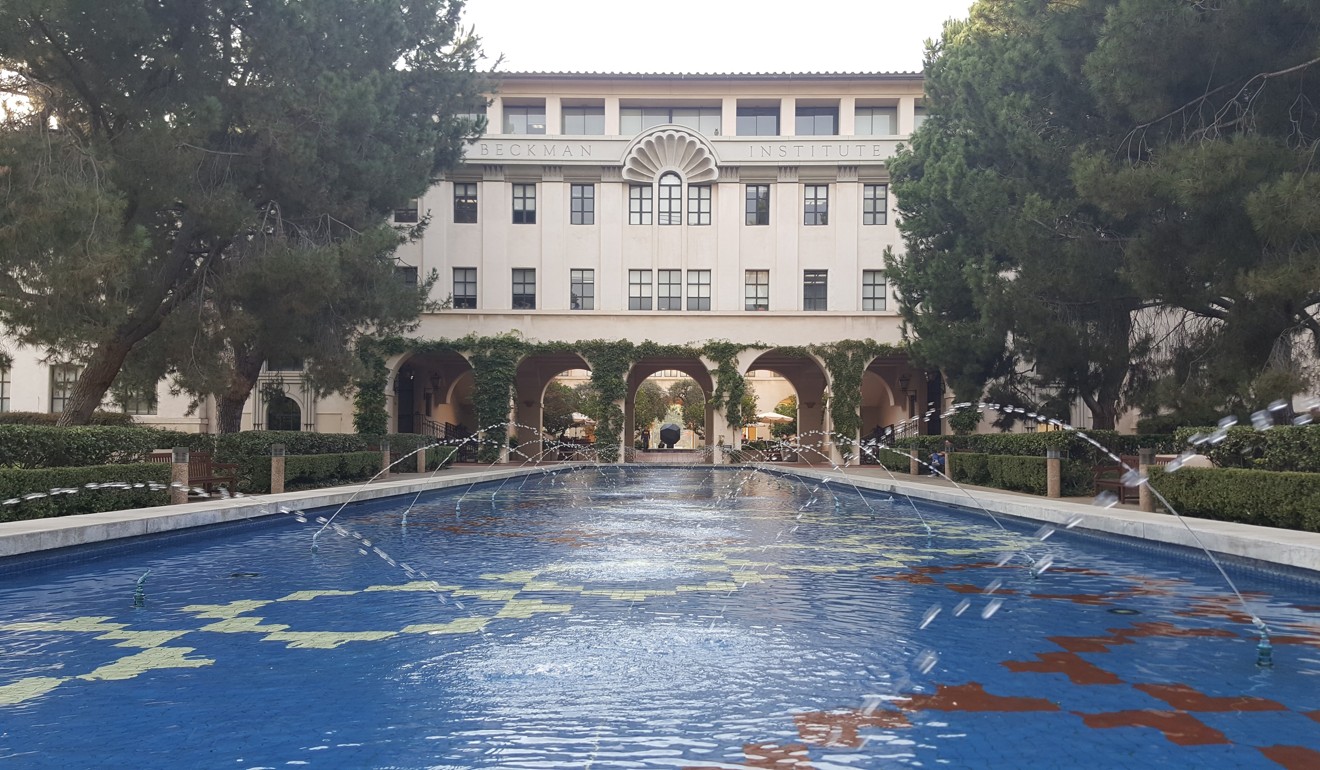
“In five years, our faculty research abilities will be on a par with those of Tokyo University, Tsinghua University, Peking University and the Hong Kong University of Science and Technology,” Shi said in a December speech that outlined the then-proposed university’s ambitions.
For a start, like its US role model, the California Institute of Technology, the new Chinese university – which has received extensive funding from China’s government and business leaders – will only take in students studying for doctorates.
Within a decade, enrolment is expected to reach 5,000 students, after the school begins to admit undergraduate, according to its website.
With its campus in Hangzhou’s Sandun town, the new university’s speciality will be high-level research and innovation, an area in which China is increasingly closing the gap with other nations, including the US.
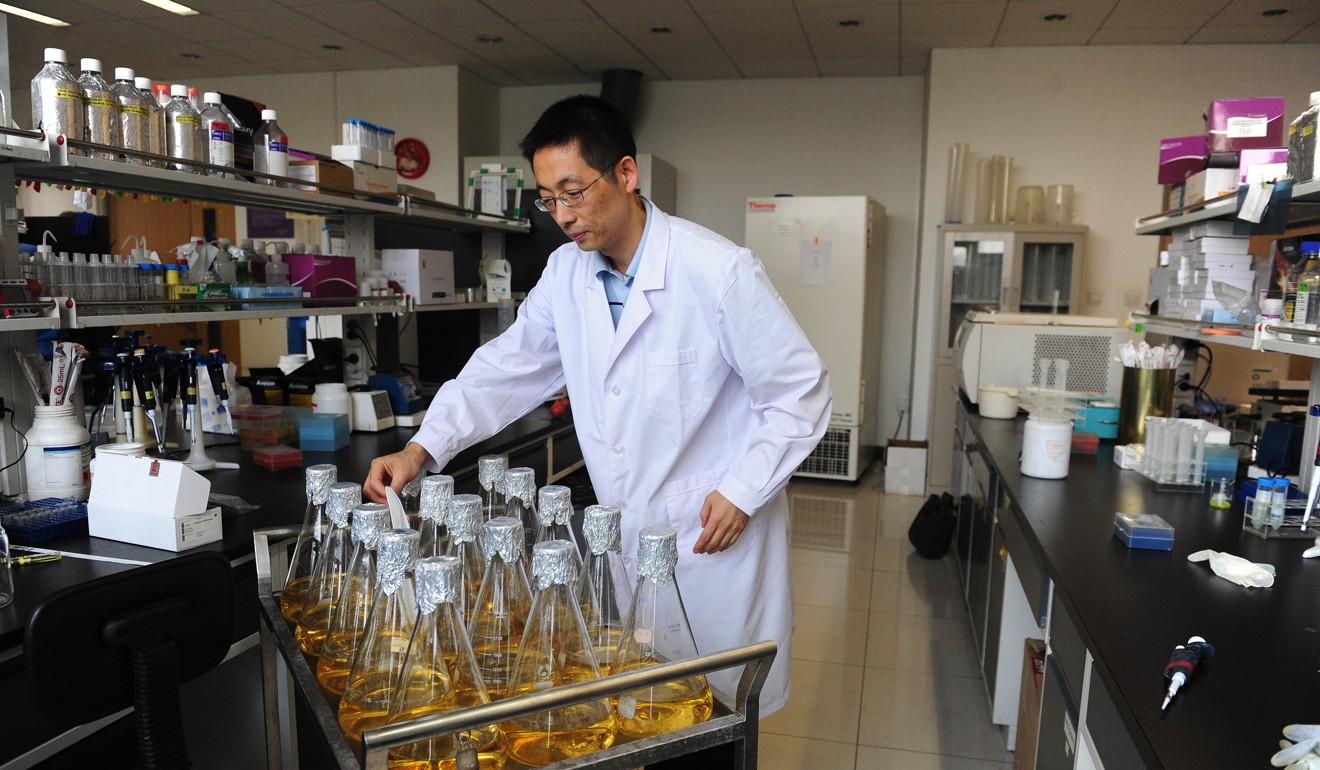
“In 15 years, every indicator of our university will be on a par with that of Caltech,” Shi said. It “will be regarded as one of the best universities, not just in Asia but around the world”.
Shi, who will become a full-time Westlake faculty member in January, after stepping down as Tsinghua University’s vice-president, raised eyebrows in Western academic circles when he left a US position as a tenured professor at Princeton University a decade ago to teach at Tsinghua, a highly respected Beijing-based research institution.
Westlake is to have four institutes, covering biology, basic medicine, natural sciences and advanced technology.
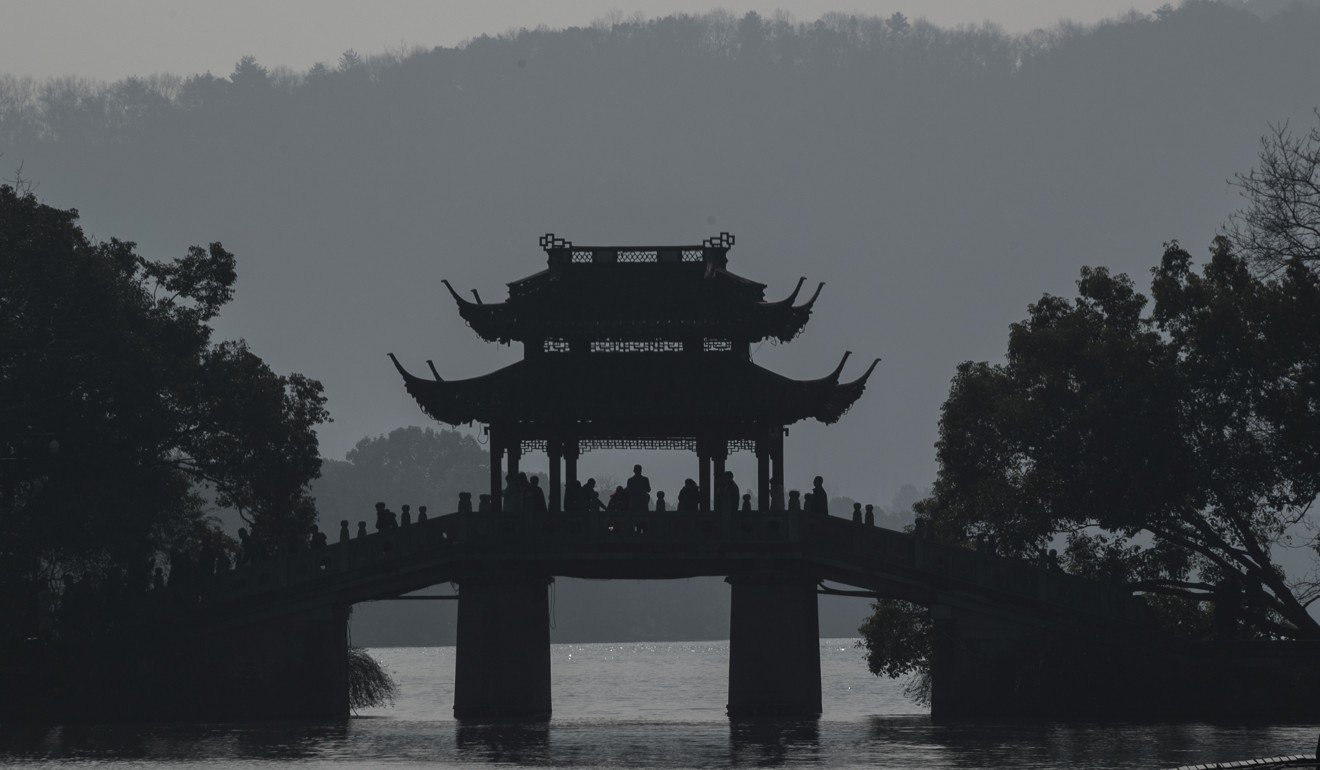
However, a Beijing-based material science professor who declined to be identified for this article said he was sceptical that the new university would provide quality programmes for undergraduate students, or that it could attract top full-time scientists.
“Undergraduate education is the core part of a university, and so far we have not seen a clear plan on this aspect [of Westlake],” said the scholar, who emphasised that undergraduate education measures the difference between a university and a research institute.
He said he was “cautiously optimistic” that the university would be able to lure cutting-edge full-time scientists.
“It’s not highly possible for many overseas top-level scientists, especially those Nobel Prize laureates whom Westlake vowed to recruit, to work full-time for it,” the professor said.
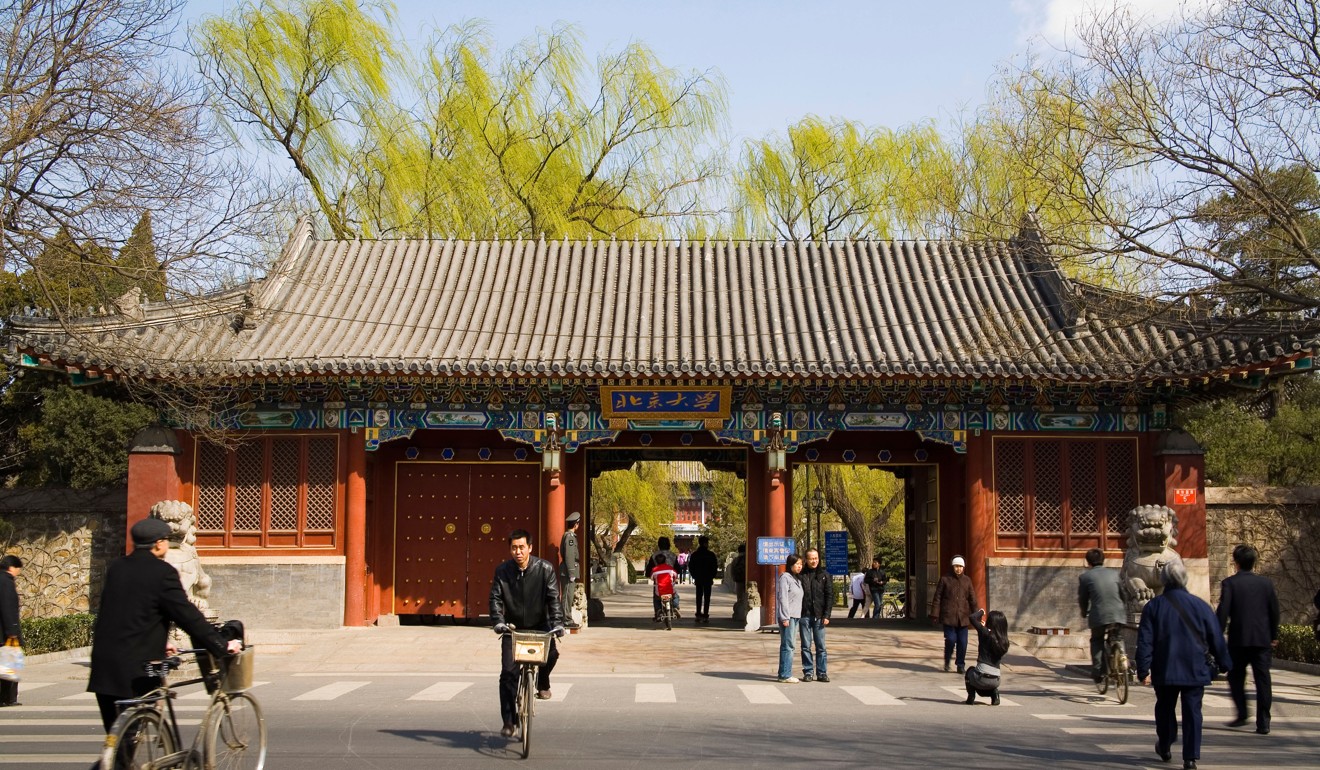
Although state authorities just this week gave Westlake the green light to open, plans for the institution have been in the works for years.
It already has held six global recruitment drives to fill 58 teaching positions, hiring 34 people so far out of more than 2,500 applicants, it said.
Shi and six other top scientists and scholars spearheaded the project’s establishment in 2015, lobbying the Chinese government to set up a “new-type, privately run research university” crucial to the needs of the changing Chinese economy.
The Zhejiang government’s willingness to make the institution a priority in the province’s development strategy helped the proposal win Beijing’s support.

Much of the project’s financial support came from both the government and the business world.
The Hangzhou government injected 400 million yuan (HK$496 million; US$63.6 million) into the proposed university last year. Land was allocated at no charge.
Donors also include The Kerry Group Kuok Foundation, a charitable organisation focused on poverty alleviation in China.
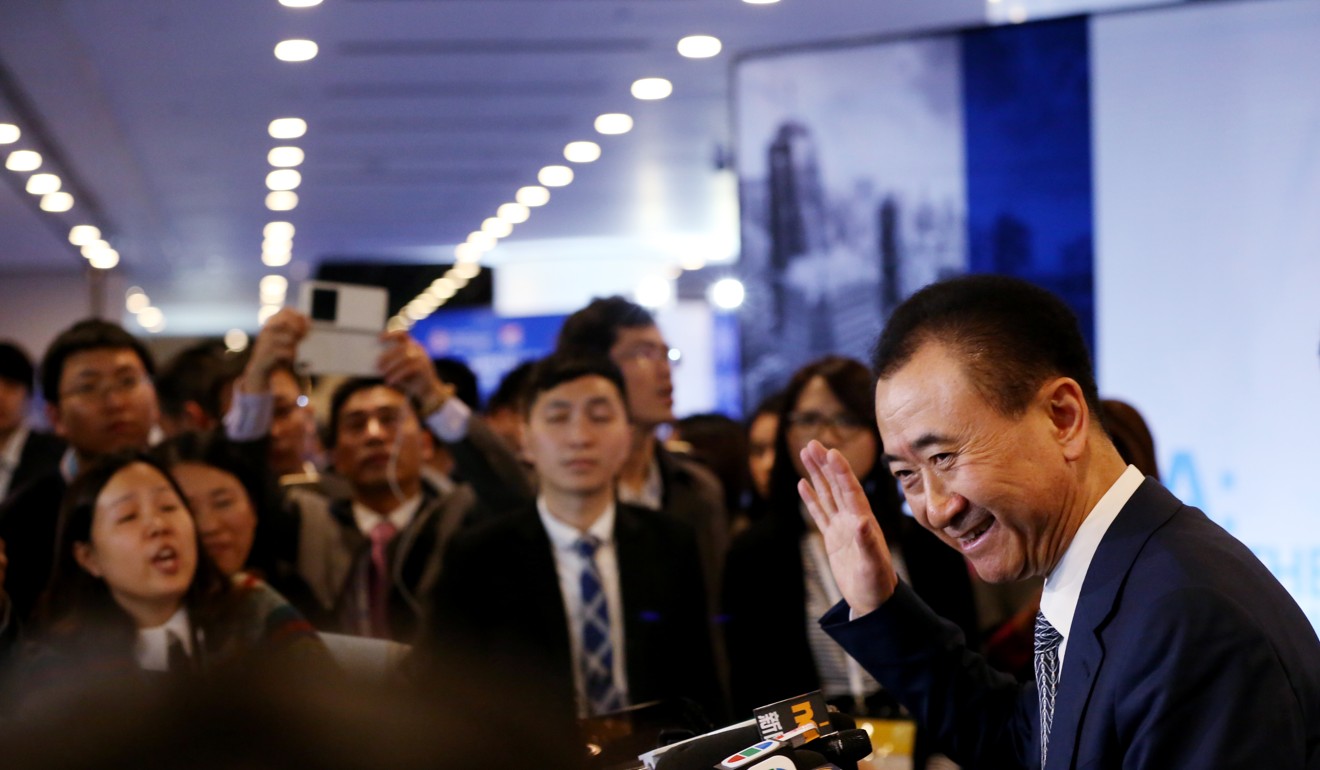
Li Jiayang, a plant gene scientist, told the South China Morning Post in an interview that Westlake was launched to meet the demand for science and technology research posed by China’s rapid growth.
“They chose to focus on a limited number of majors and on a small scale, rather than [on a] big scale, in order to cultivate this small group of students well,” Li said.
“Besides that, this university is supported by the government and [has the involvement of] globally renowned scientists. So it’s likely that they will succeed.”
Xiong Bingqi, deputy director of the Beijing-based 21st Century Education Research Institute, said the new university’s value lay in its ability to contribute to higher education reform in China, rather than being another Peking University or Tshinghua University.

